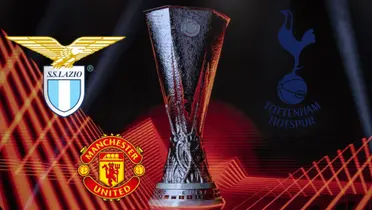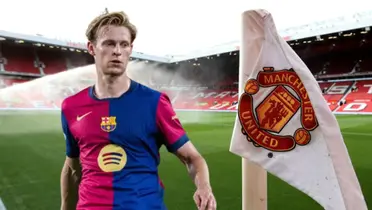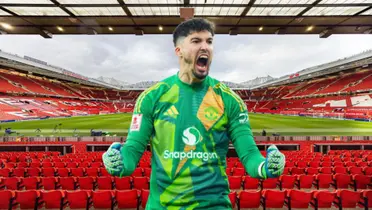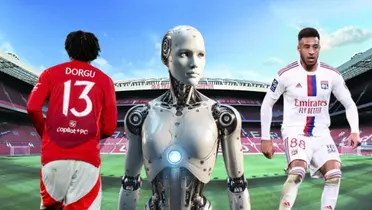How has Manchester United FC transformed its digital strategy?
Manchester United and the digital age: An in-depth analysis of their social media influence
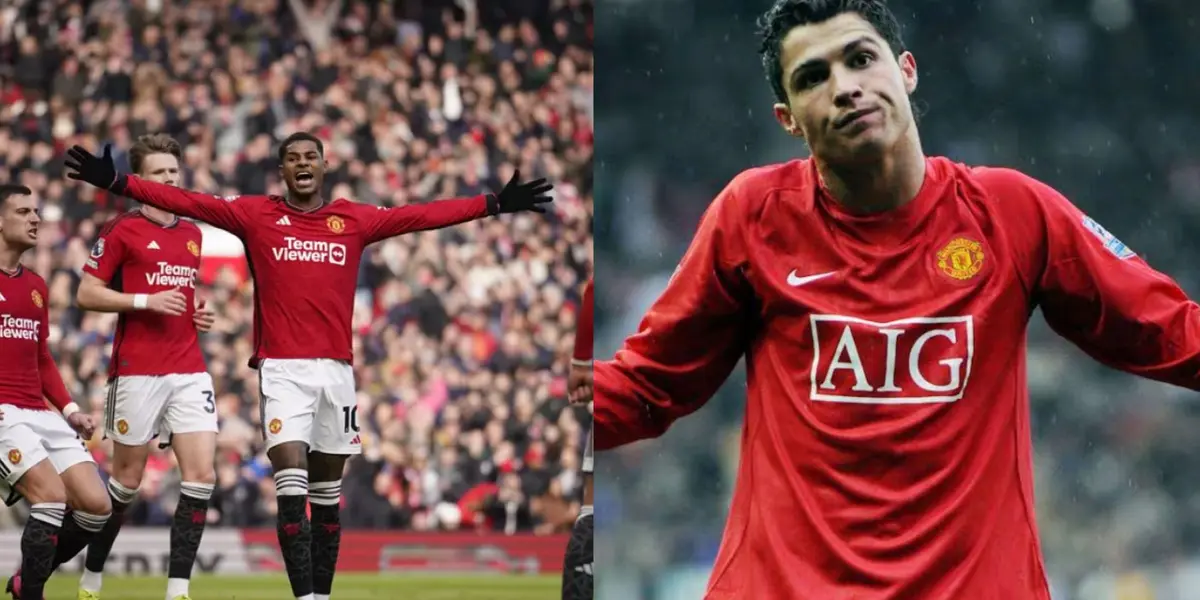
In the heart of modern football, Manchester United stands not only as a giant on the field but also as a titan in the digital realm. The club's social media strategy has transcended mere communication, transforming into a powerful tool to connect with fans, strengthen the brand, and generate revenue.
Through a detailed analysis, we will explore how Manchester United has navigated the complex network of digital platforms, from the arrival of iconic figures like Cristiano Ronaldo to the implementation of innovative marketing campaigns.
Manchester United's digital transformation: Beyond the field
Manchester United has understood that their online presence is as crucial as their performance on the field. The club's digital presence has become a fundamental pillar of their global strategy, allowing them to reach millions of fans worldwide.
Communication with fans has undergone a revolution. Social media has facilitated direct interaction, allowing the club to listen and respond to the needs of their community. Furthermore, the use of data and analytics has provided a deep understanding of the digital audience, optimizing marketing campaigns and content creation.
Cristiano Ronaldo: A viral phenomenon at Manchester United
Cristiano Ronaldo's return to Manchester United generated a seismic impact on social media. His arrival not only boosted shirt sales and match attendance but also unleashed a wave of viral content.
Digital marketing campaigns, designed to capitalize on Ronaldo's image, achieved unprecedented global reach. The club's perception was transformed, attracting new fans and strengthening the loyalty of existing ones.

Interaction and engagement: The key to social media success
Interaction with fans through platforms like Twitter, Instagram, and Facebook has become a priority for Manchester United. The club has implemented strategies to foster participation and engagement from the digital community.
The use of user-generated content, such as fan photos and videos, has strengthened the connection with the brand. Additionally, the creation of exclusive and personalized content has generated a sense of belonging among followers.
- Behind-the-scenes content
- Interactive polls and quizzes
- Live streams of events and training sessions
Influencer marketing: A winning strategy for Manchester United
Collaborations with influencers have proven to be a powerful tool for Manchester United. Successful campaigns have generated a significant return on investment, boosting the club's visibility and attracting new sponsors.
Influencer marketing has changed the way clubs promote themselves, allowing them to reach specific audiences and generate a lasting impact.
Manchester United's digital future: Innovation and adaptation
Manchester United is at the forefront of digital innovation in football. The club is exploring new technologies and platforms to enhance the fan experience in the digital environment.
The evolution of the fan experience is an ongoing process. Manchester United constantly adapts to new trends, ensuring that their digital presence remains relevant and attractive.
In conclusion, Manchester United has proven to be a leader in the digital age, using social media to strengthen their brand, connect with fans, and generate revenue. The club's digital strategy has been fundamental to their success, and their ability to innovate and adapt ensures that they will remain a benchmark in the future.
What you should know about Manchester United and social media:
- Manchester United has capitalized on their social media presence to strengthen their global brand.
- Fan interaction through digital platforms is key to the club's success.
- Influencer marketing and collaborations with players like Cristiano Ronaldo have boosted their visibility.
- Data analysis and understanding the digital audience are fundamental to the club's strategy.
- The future of football is closely linked to the evolution of social media and the fan experience in the digital environment.
More news
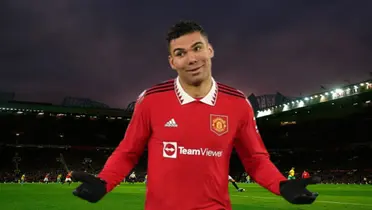
The Numbers Don't Lie: Casemiro's Dominance Returns
31/03/2025

United's Dream Pairing: The Duo Fans Are Eager to See
31/03/2025
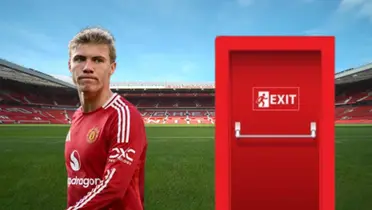
Hojlund's Fate: Will He Stay or Leave Man United?
31/03/2025
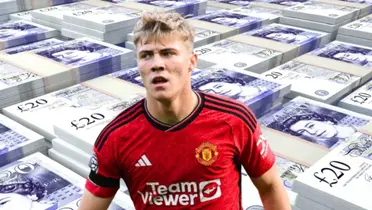
Højlund's Plummeting Value: A Cause for Concern at Man United
31/03/2025
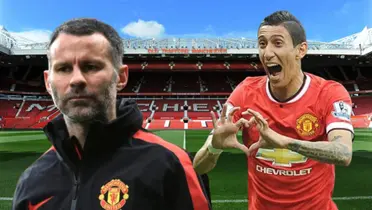
Giggs' Misjudgement: Depay's Free-Kick Hopes Fall Flat
31/03/2025
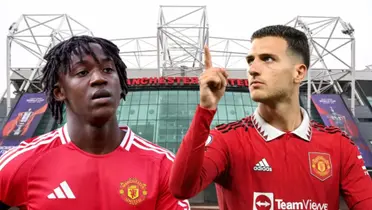
Man United's Summer Clearout: Players on the Chopping Block
31/03/2025
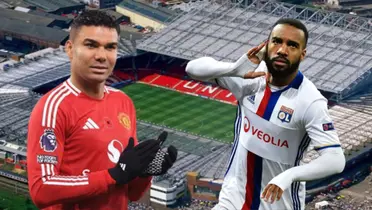
Financial Divide: Man United's Value Dwarfs Olympique Lyon's Squad Cost
30/03/2025
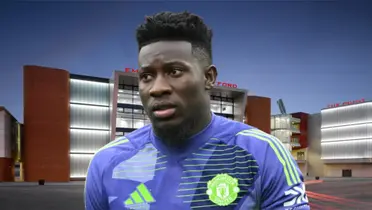
Onana Exit Rumors Swirl: How the Goalkeeper Is Responding
30/03/2025
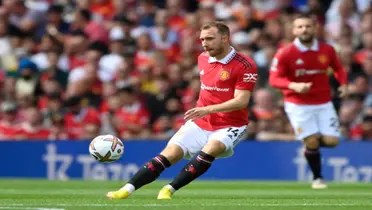
Eriksen breaks the silence about the rumors of not renewing
30/03/2025
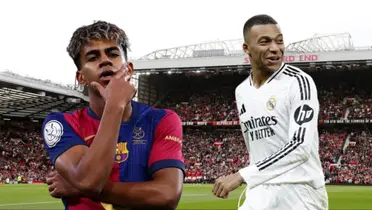
World-Class Player Available: Romano Reveals Transfer Bombshell
30/03/2025
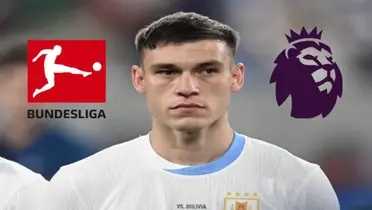
Ugarte's Premier League Insight: Key Differences From Ligue 1 Revealed
30/03/2025
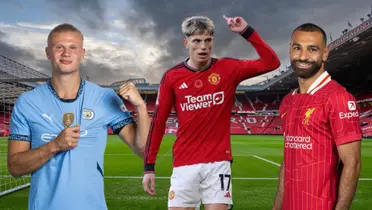
Garnacho Outshines Salah and Haaland: A Stunning Statistical Triumph
29/03/2025
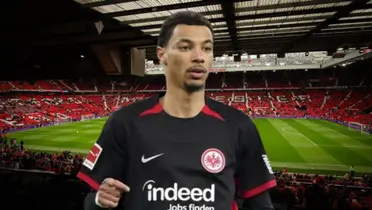
Ekitike's Staggering Stats: Why Man United Are Keen
29/03/2025
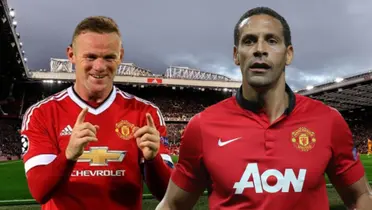
Beyond Legends: The United Player Who Rewrote Investment History
29/03/2025
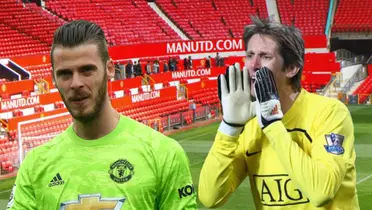
Manchester's Goalkeeping Giants: Who Reigns Supreme?
29/03/2025
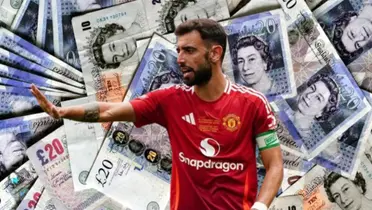
Fernandes' Fortune: Unveiling the Price Tag of United's Captain
29/03/2025
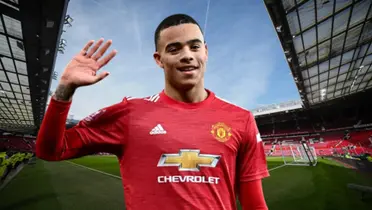
The Manchester United jewel that was rumoured for Barcelona ended up in an exotic league
29/03/2025

Father's Faith Pays Off: 100 Pound Bet on Son's United Debut
29/03/2025


